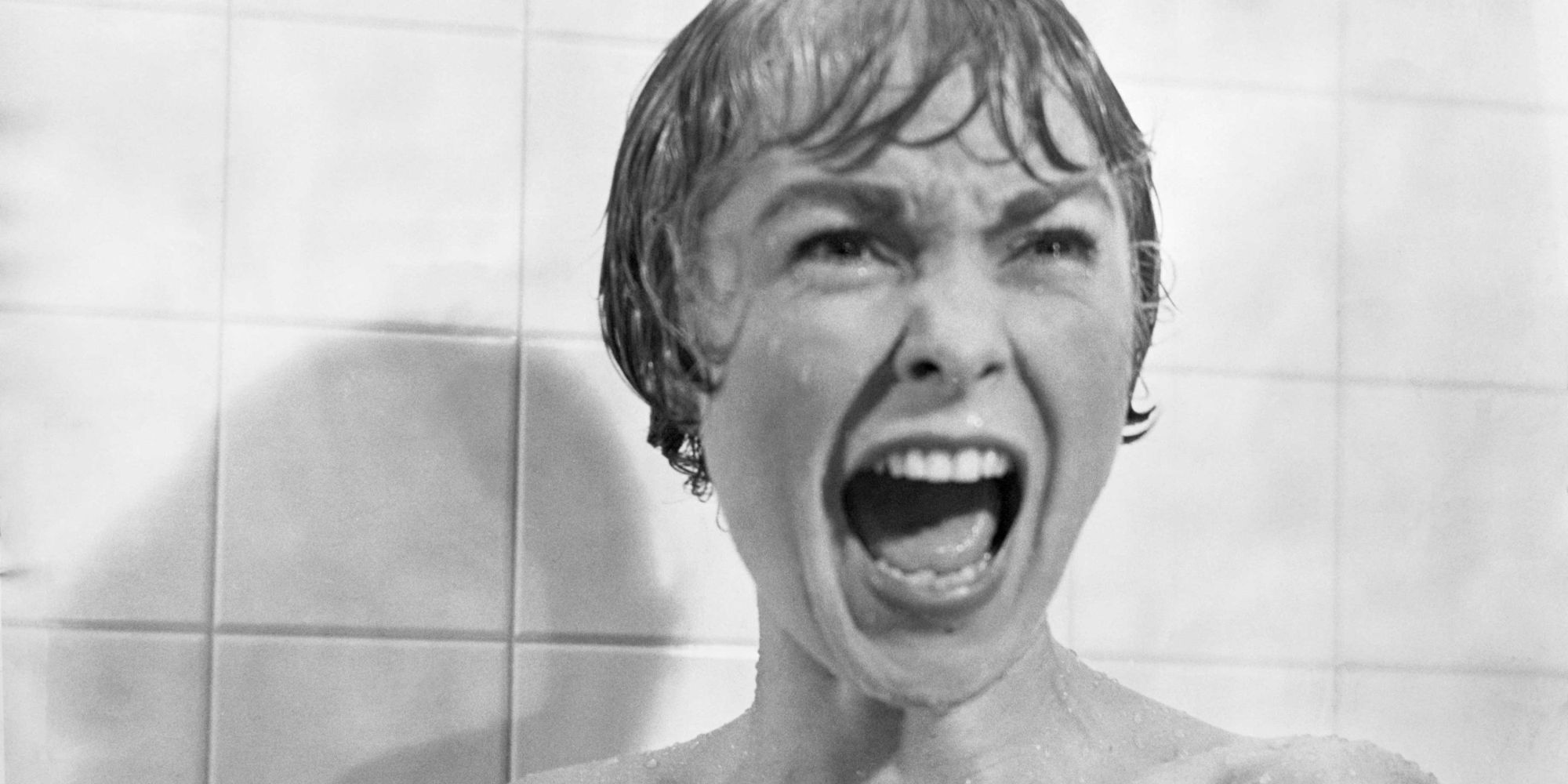Horror is a genre that many typically, and perhaps naively, don't consider to be high-class cinema, but there are several examples from which arguments can be made. This genre can take on so many faces, from paranormal to slashers, physical torture to psychological trauma, there are so many roads to go down, and there are fantastic films within them all.
Now, yes, all film is subjective, but with that subjectivity must come some form of consensus on the quality of each individual movie. And with that consensus, fans get the chance to learn which films are considered perfect (or at least near-perfect) in the eyes of the critics.
'Eyes Without A Face' (1960) - Metascore 90
In this 1960 French horror film, Doctor Genessier (Pierre Brasseur) is desperately trying to restore the face of his daughter (Edith Scob) after she suffered a terrible accident. However, his solution it to steal the faces of other innocent young women and graft it onto his daughter.
Eyes Without A Face tells a tight, simple story of a father who would go to any lengths to give his daughter the life she deserves, and a daughter who has lost all hope and faith. It's a beautifully dark film, with great performances and stunning cinematography, and a creepy score that includes this circus-like music, which is incredibly eerie and unsettling.
'King Kong' (1933) - Metascore 90
In the debut film of the Eighth Wonder of the World, King Kong tells the story of a monstrously huge gorilla from a mysterious place known as Skull Mountain (later changed to Skull Island), who ends up in New York City, seeking out his human bride. This film created a nearly century-long franchise that's still going today, and for good reason.
Although it's definitely a product of the time, with several very outdated terms and tropes, it manages to shine with superb production value and a great story with many layered meanings. The stop-motion scenes alone warrant it praise. So, whether it be an allegory about the horrendous nature of colonialism, or how people fear the unknown, King Kong remains a top-tier creature feature.
'The Birds' (1963) - Metascore 90
Alfred Hitchcock's 1963 horror/thriller The Birds takes nature to a whole new level as a massive flock of birds violently attack the citizens of a small costal village in California.
Following his run of acclaimed films like Vertigo, North By Northwest, and Psycho, The Birds takes the idea of the fear of the natural world that many have forgotten, and does so in a way that makes viewers hesitate when they come across a large flock of birds in real life. Hitchcock's ability to provide riveting storytelling with loads of suspense is parallel to none.
'Repulsion' (1965) - Metascore 91
A tale of psychological trauma and the horrors it can bring with it, Repulsion follows a timid, yet disturbed, young woman, named Carol (Catherine Deneuve), who begins to experience nightmarish hallucinations centered around the men who desire her. Her worldview becomes increasingly chaotic as her mind falls deeper into the darkness.
This is a fascinating take on the psychological horror genre, one that has served as inspiration for various scenes in dozens of films over the past 50+ years since its release. Director Roman Polanski managed to successfully create an atmosphere of tension and suspense, allowing the audience to journey with Carol into the very darkness that haunted her.
'Frankenstein' (1931) - Metascore 91
Debuting one of the most famous horror monsters of all time, Frankenstein tells the age-old tale of a man wanting to be God, and failing. Dr. Henry Frankenstein (Colin Clive) is on a mission to solve the mystery of life and death, and after he figures out the secret, and creates a new being, everything goes wrong, and he must destroy the very creation he brought to life.
This adaptation of Mary Shelley's book of the same name has grown to be a cornerstone of the horror genre, inspiring many other films, such as Edward Scissorhands, RoboCop, Ex Machina, and even Jurassic Park, to name a few, as well as spawning dozens of other films in the Frankenstein franchise. With its fantastic scenery and makeup effects, it's no wonder Frankenstein is considered among the top tier of horror films.
'Invasion Of The Body Snatchers' (1956) - Metascore 92
As an extraterrestrial invasion begins on Earth, in the form of alien plant spores, a group must figure out how to stop them before being taken over and replaced with copies, known as "pod people."
The terrifying paranoia that grows throughout the 1956 version of Invasion of the Body Snatchers is absolutely palpable, and is one of the main reasons this film stands the test of time. As the characters' minds scramble to assess who's a human and who's not, the audience does the same, never quite being able to fully trust anyone in the film. And for good reason.
'Don't Look Now' (1973) - Metascore 95
A young Donald Sutherland stars in this psychological thriller by Nicolas Roeg, as John Baxter, a man who is trying to rebuild a life with his wife (Julie Christie) after the death of their daughter. While in Venice, they meet a clairvoyant woman and her sister who warn them of impending danger. John's skepticism begins to fade away as he also starts having strange visions.
As John and Laura trek through Venice, searching for answers about their daughter's death, things take a strange turn, and with that turn comes an unsettledness for the audience, as they, like John, are unsure of what exactly is going on.
'The Bride Of Frankenstein' (1935) - Metascore 95
A direct follow-up to 1931's Frankenstein, The Bride of Frankenstein takes a deeper look at the monster (reprised by the legendary Boris Karloff), showcasing his emotions in a way the original wasn't able to do. The monster's anger after almost being burned alive is on display, however that's not all, as his joyfulness at the sound of beautiful music, and the friendship he builds with the man playing that music, creates a much more sympathetic being in the eyes of the audience.
This film is much more about the monster and his character arc, taking him on a violent, yet emotional journey of self-discovery, and less about the actual "Bride," as the name may make audiences believe. The monster manages to become a more well round character, with wants and desires, and an understanding of his emotions and actions.
'Rosemary's Baby' (1968) - Metascore 96
Rosemary's Baby is the quintessential benchmark for Satanic pregnancy movies. Touted as Roman Polanski's best film, he manages to skillfully build tension and suspense throughout the 2+ hour runtime, creating a sense of paranoia that sticks with the viewer throughout, just as it does with Mia Farrow's Rosemary.
Whether you want something art house, are diving into the social commentary presented within, or just looking to enjoy a good old-fashioned dramatic horror film, this one has it all.
'Psycho' (1960) - Metascore 97
Definitely Hitchcock's most popular film, and arguably his most iconic, Psycho centers around a woman (Janet Leigh) who, after embezzling money from her boss' client, goes on the run, taking shelter in a roadside motel, ran by a man named Norman Bates (Anthony Perkins), where things aren't as they seem.
Hitchcock's ability to play with people's fears in a subtle way is put on full display here, with ever-growing suspense and beautifully haunting imagery. And the way he takes this story and shifts it halfway through, in an unexpected manner, are only a few of the reasons Psycho is the highest rated horror film on Metacritic today.

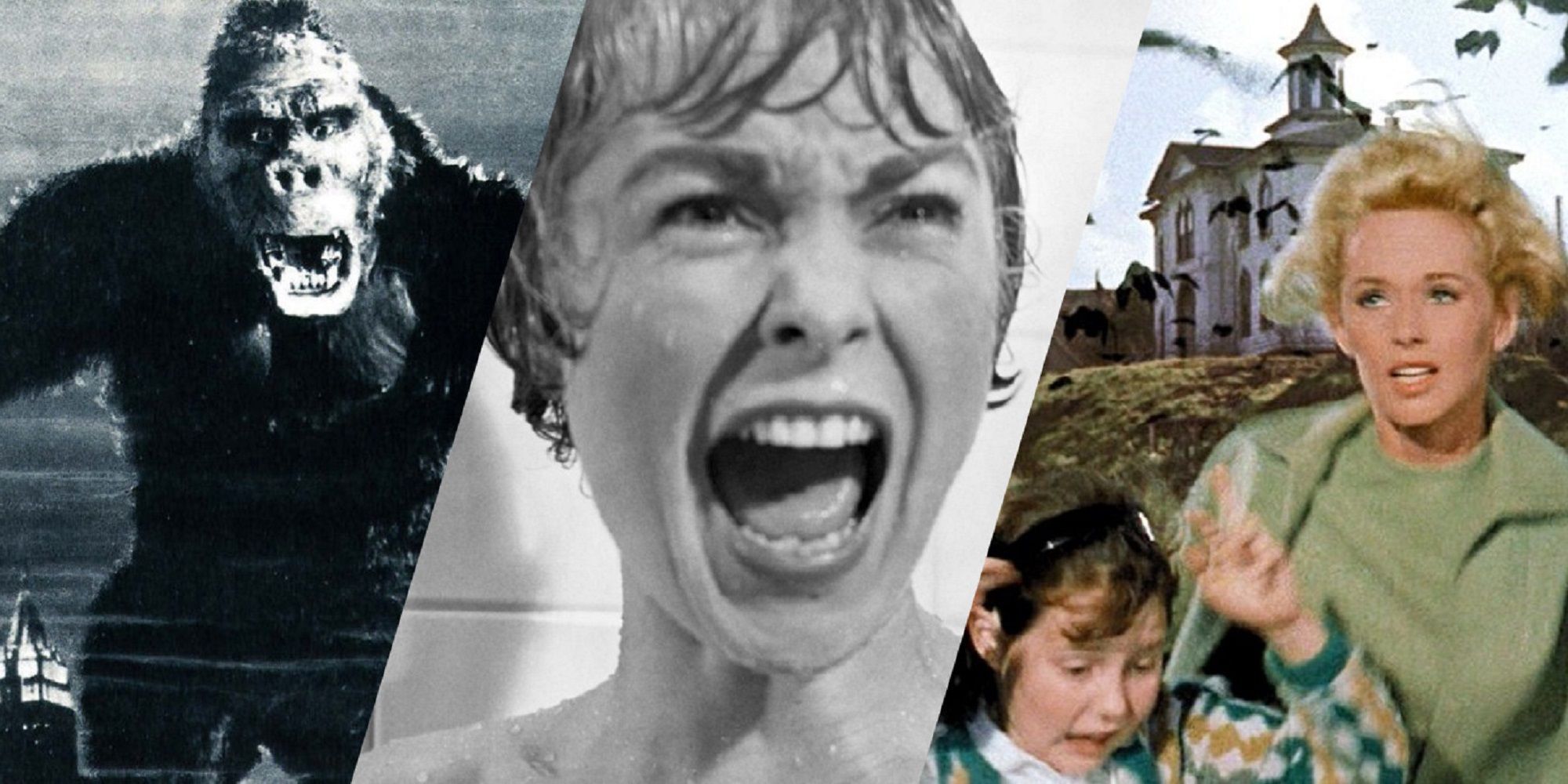
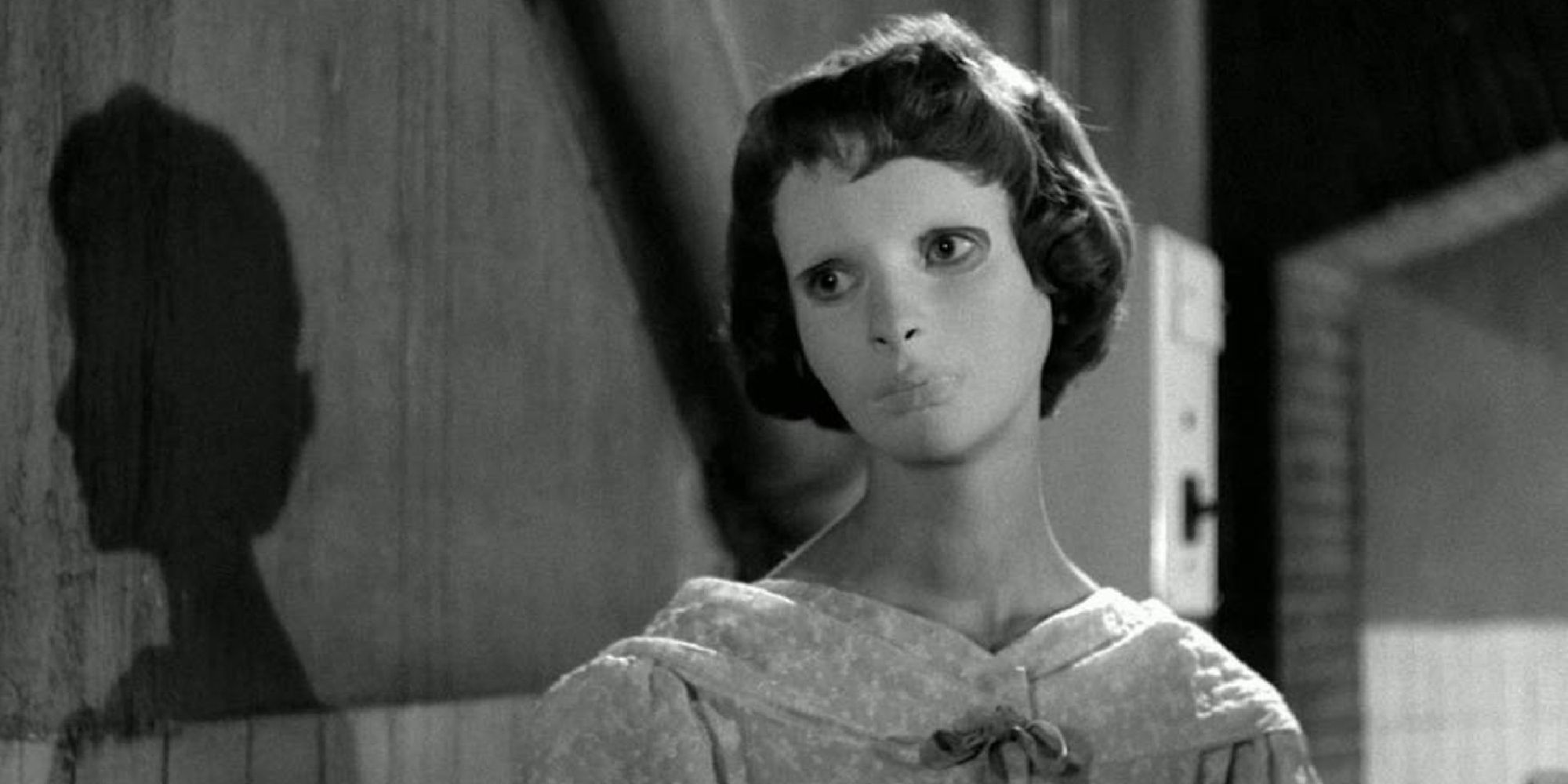
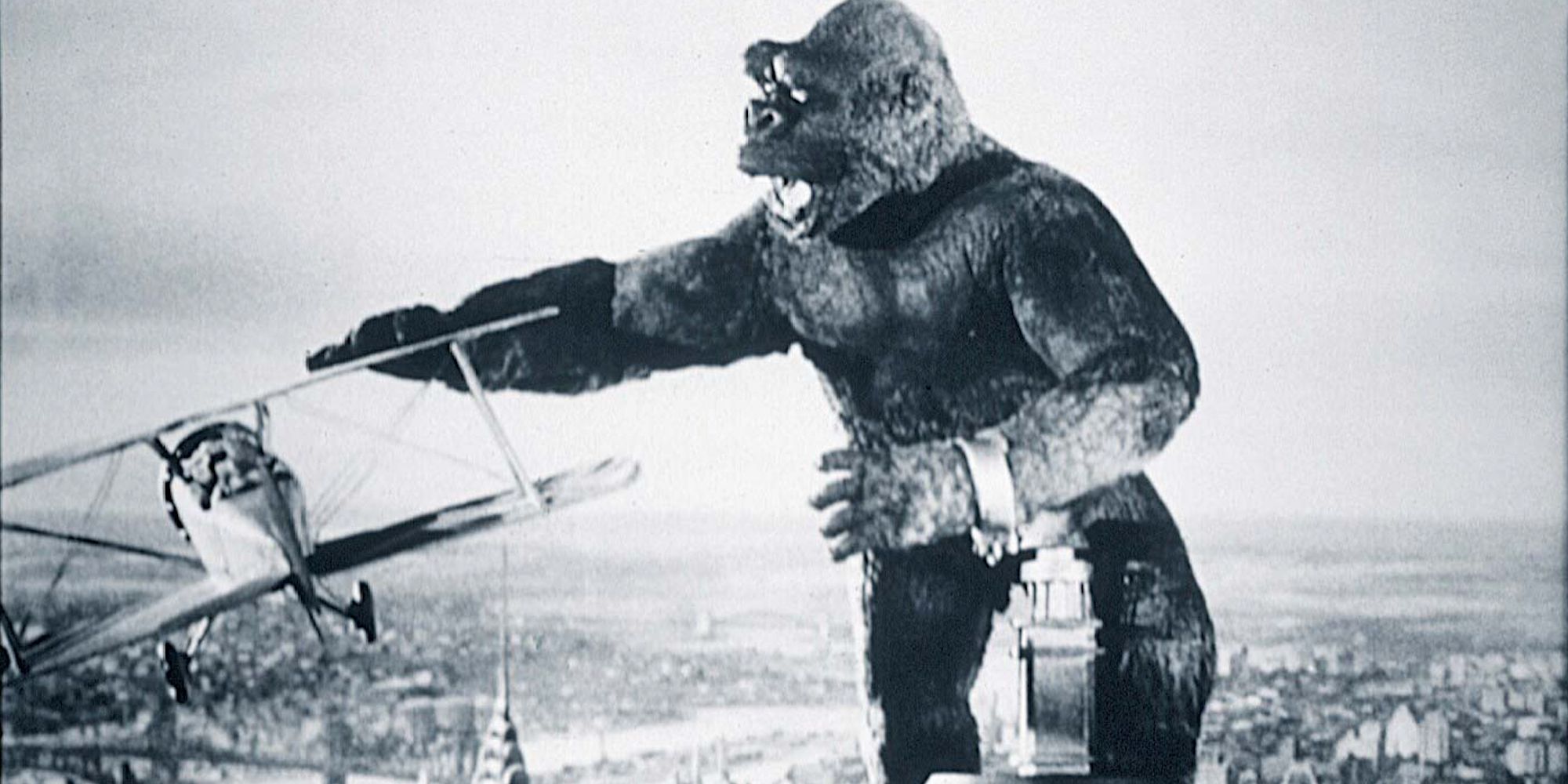
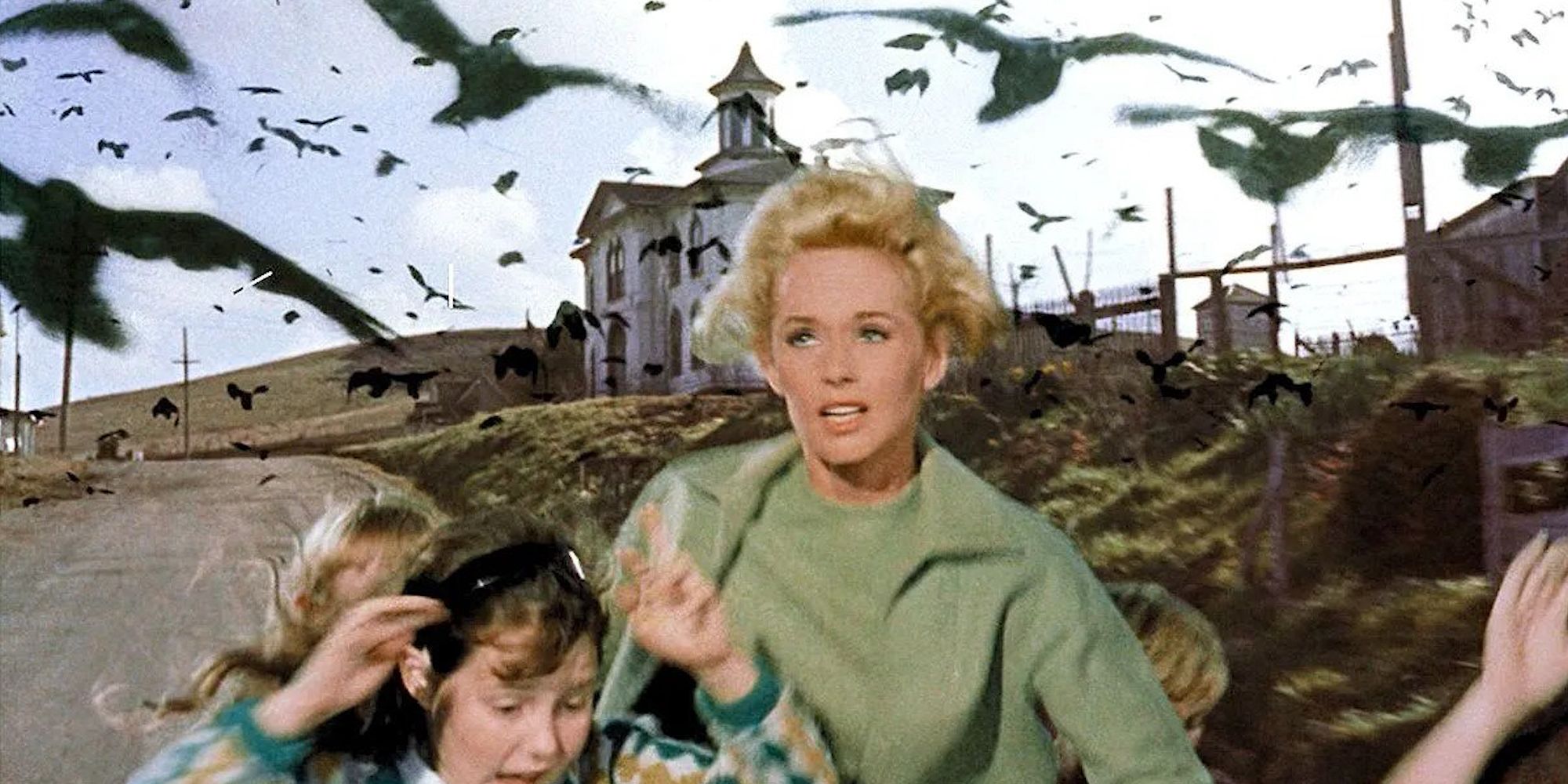
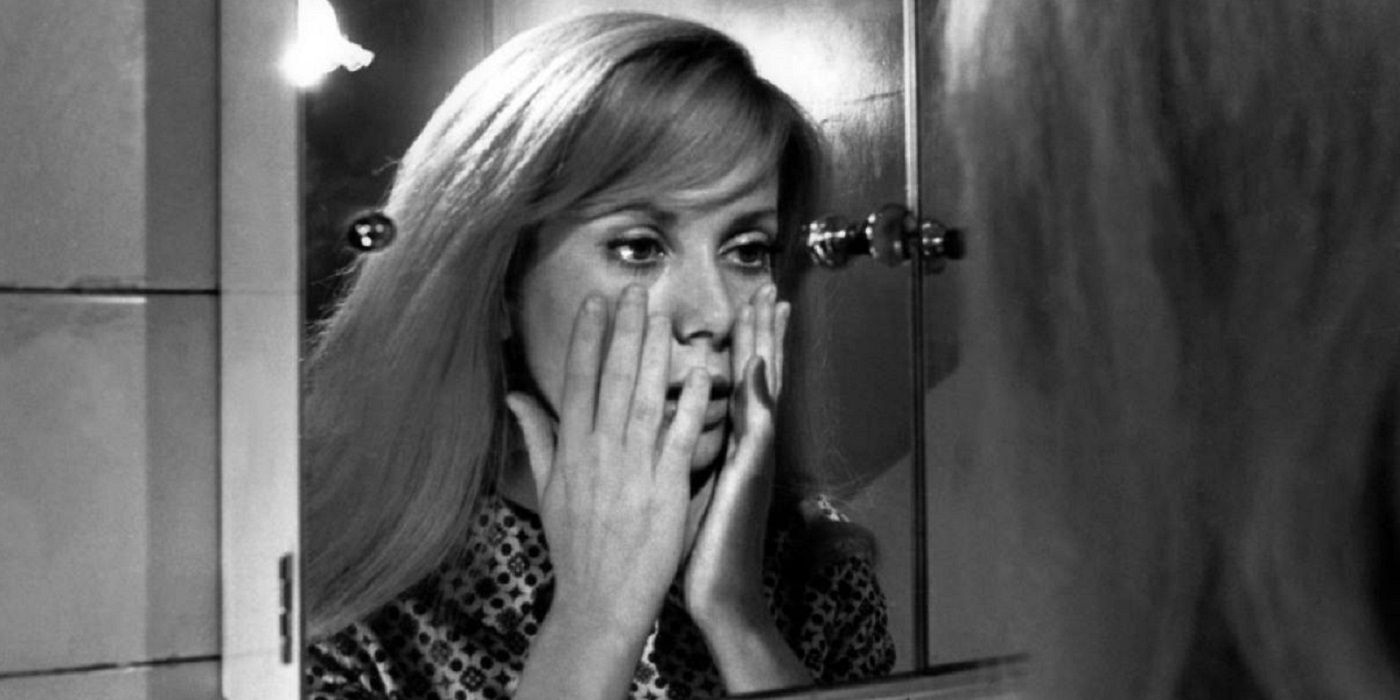
.jpg)
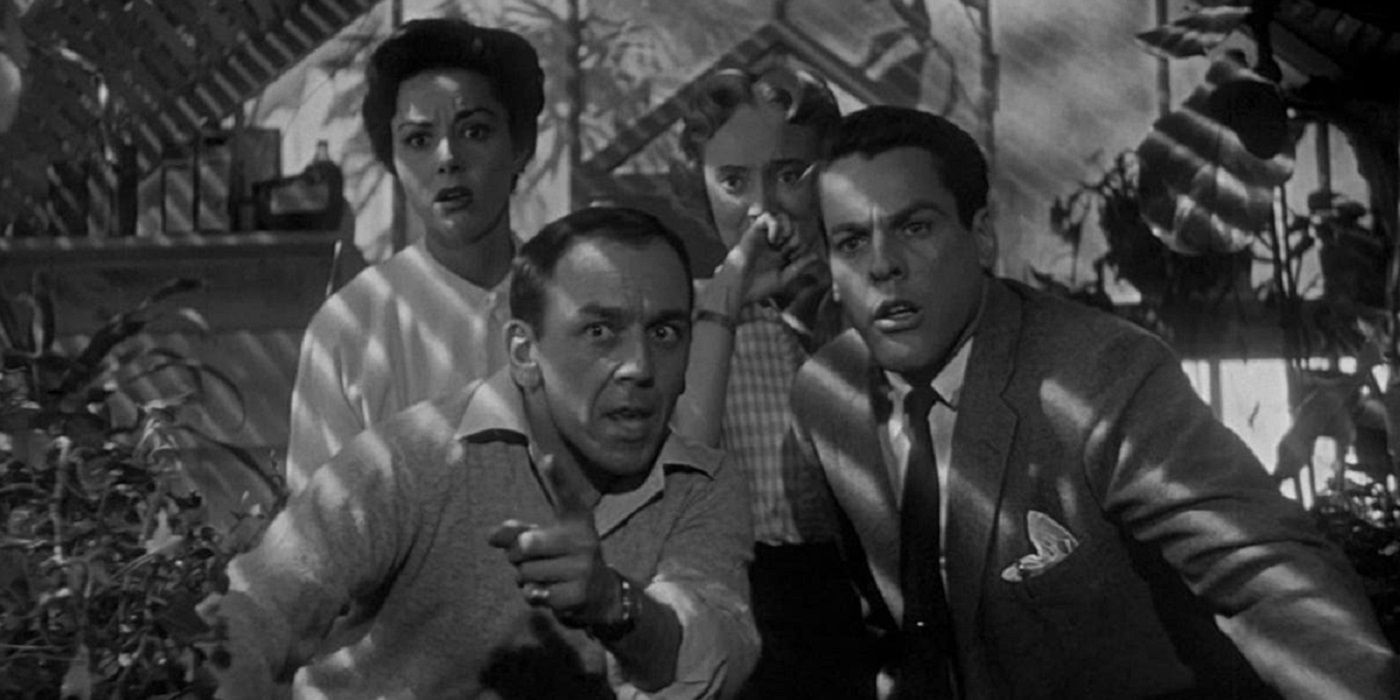
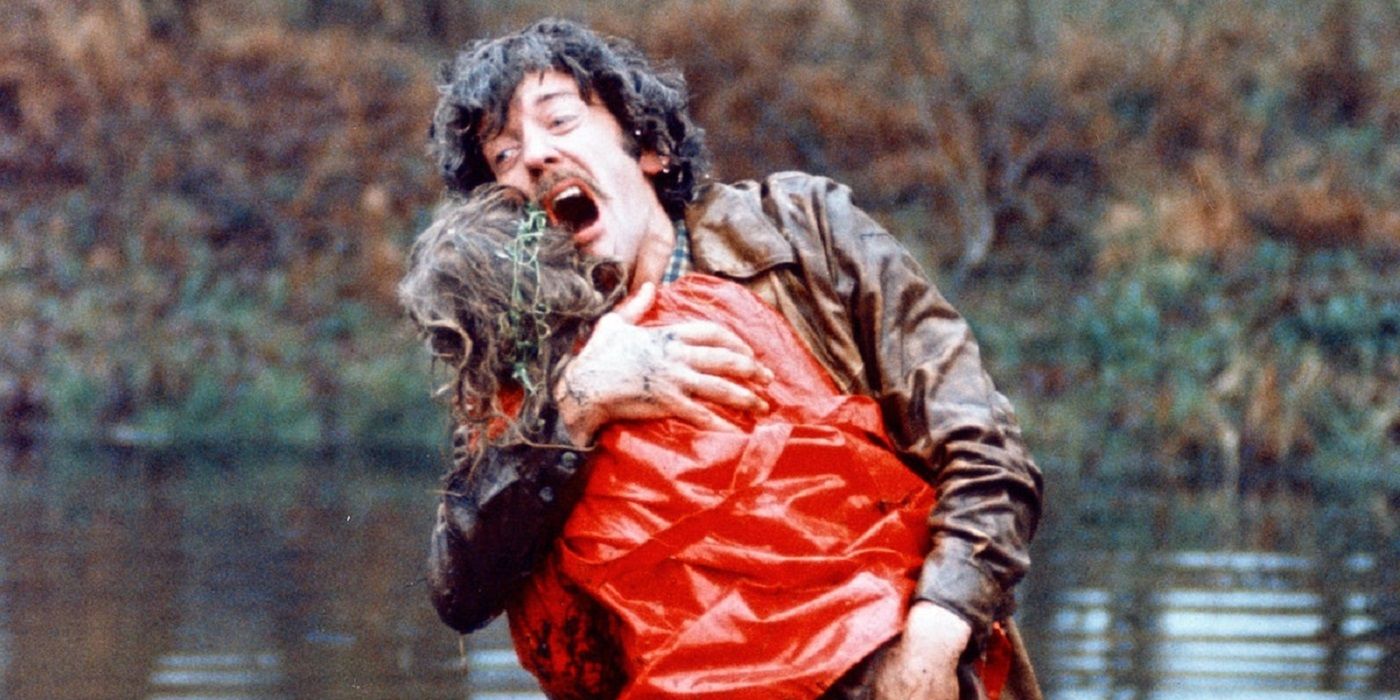
.jpg)
.jpg)
